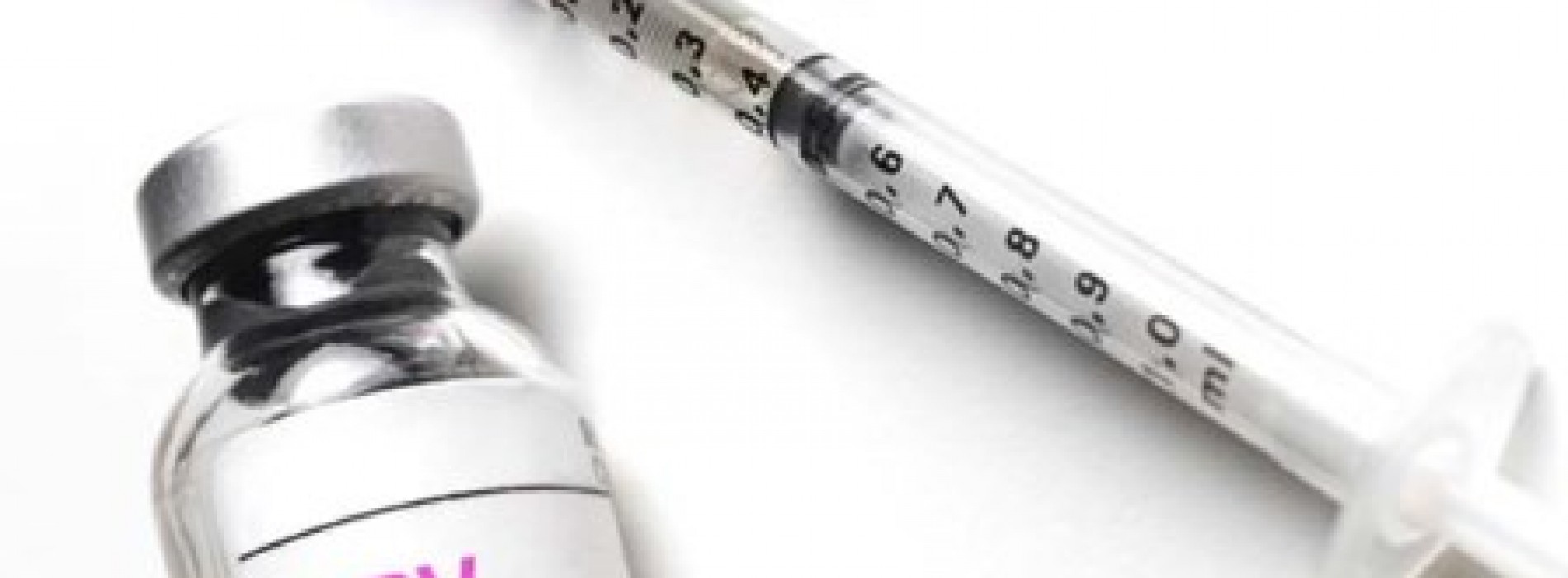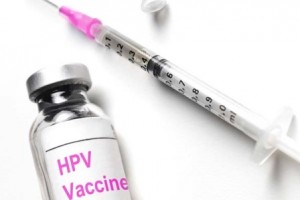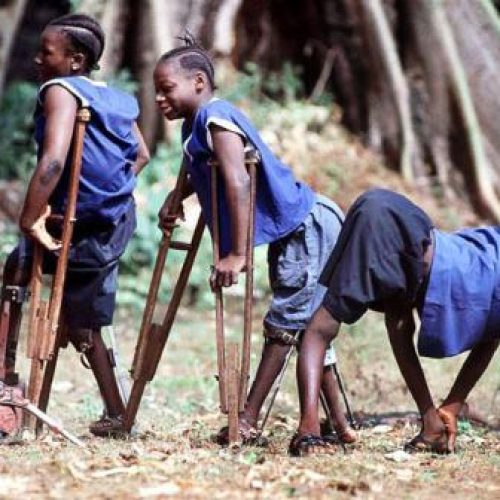New HPV vaccine prevents 80 percent of cervical cancers
The new 9-valent human papillomavirus vaccine, can potentially prevent 80 percent of cervical cancers if given to all 11- or 12-year-old children before they are exposed to the virus.
In addition to protecting against 80 percent of cervical cancers, the new 9-Valent human papillomavirus vaccine, which includes seven cancer causing HPV-types — 16,18,31,33,45,52 and 58 — has the potential to protect against nearly 19,000 other cancers, including anal, oropharyngeal and penile cancers. This is a 13 percent increase in protection against HPV-related cancers in comparison to the first vaccines on the market, Gardasil and Cervarix, which protected against HPV types 16 and 18.
These findings come from a seven-center study published in the Journal of the National Cancer Institute. The US Center for Disease Control and Prevention initiated the research effort, in conjunction with Cedars-Sinai.
“This is the first comprehensive study of its kind and shows the potential to not only reduce the global cancer burden, but also guide clinical decision-making with regard to childhood vaccinations,” said Marc T. Goodman, PhD, MPH, senior author of the study and director of Cancer Prevention and Genetics at the Cedars-Sinai Samuel Oschin Comprehensive Cancer Institute.
The study found the 9-Valent vaccine, under the trademark of Gardasil-9, also has the potential to protect against an additional 8 percent of oropharyngeal cancers, which include the base of the tongue and tonsils. This disease is the second-most-common HPV-associated cancer.
“We found that 70 percent of patient DNA tissue samples with cancer of the oropharynx harbored HPV,” added Goodman. “This is a much higher percentage of HPV than observed in other studies, likely because of changes in sexual behaviors, such as increased oral-genital contact.”
The 9-Valent vaccine was also found to potentially increase protection from other HPV-related cancers including those of the vulva, from 71 to 92 percent; vagina, from 73 percent to 98 percent; the penis, 76 percent to 90 percent; and the anus, 87 percent to 96 percent.
To compile these data, researchers examined 2,670 HPV DNA tissue samples from seven population-based cancer registries.
Study authors intend to perform additional research in the future to follow up on their estimate of how well the current vaccines protect against HPV-associated cancers.
About author
You might also like
Nigeria may attain polio-free status in next twelve months
If its current efforts are sustained No case recorded in 25 months ABUJA – Executive Secretary, National Primary Health Care Development Agency (NPHCDA) Dr Faisal Shuaib, on Monday, October 29,
FG begins PHC revitalisation
Buhari inaugurates Kuchigoro PHC Says vision is to revitalise 10,000 centres in phases To renovate one centre in each senatorial zone President Muhammadu Buhari kicked off the revitalisation of Primary
EDSG Inaugurates Health Research Ethics Committee
Commences domestication and implementation of National Health Act 2014 Edo State government formally kicked off the domestication and implementation of the National Health Act 2014 recently as the State Commissioner








0 Comments
No Comments Yet!
You can be first to comment this post!